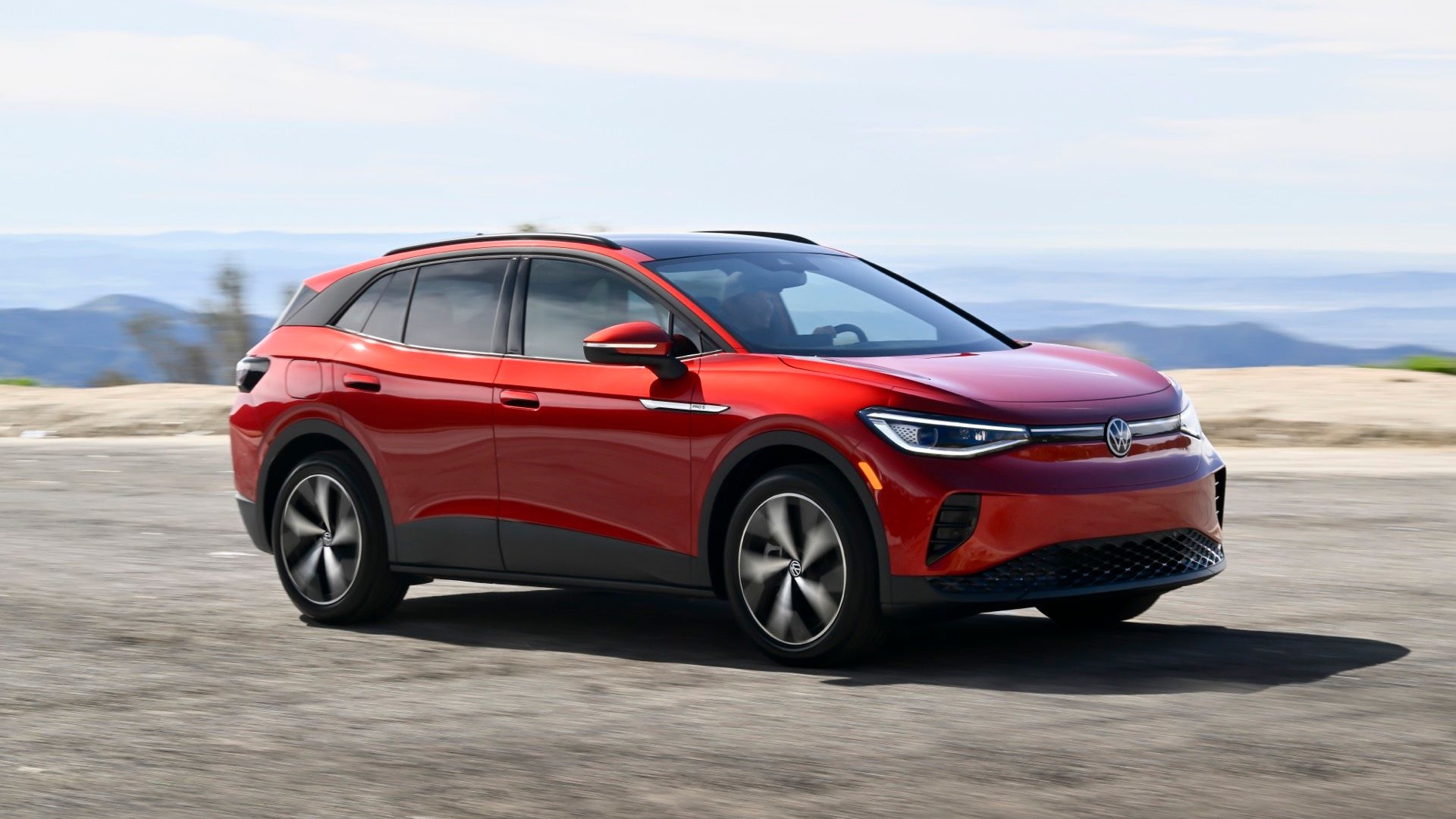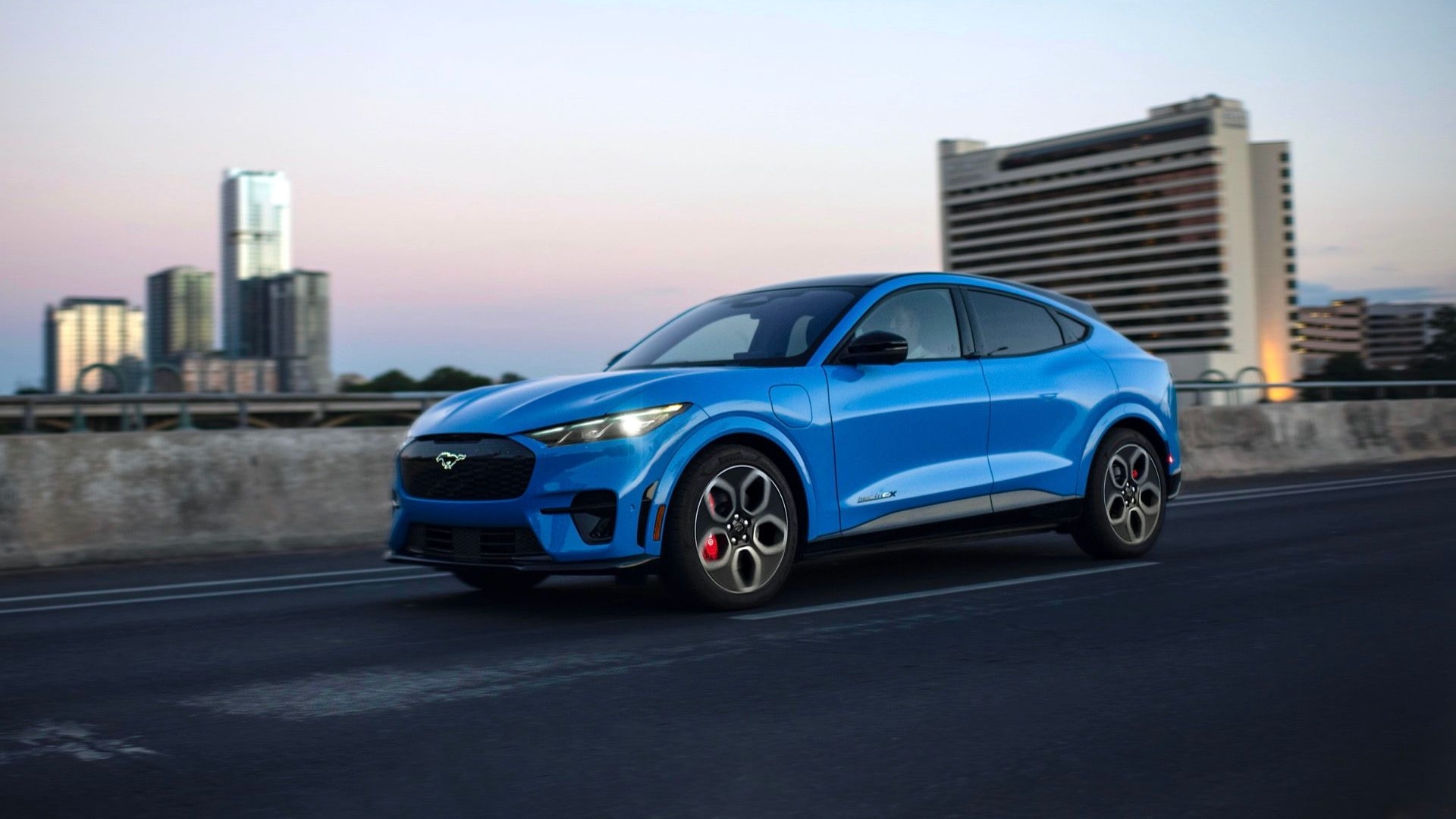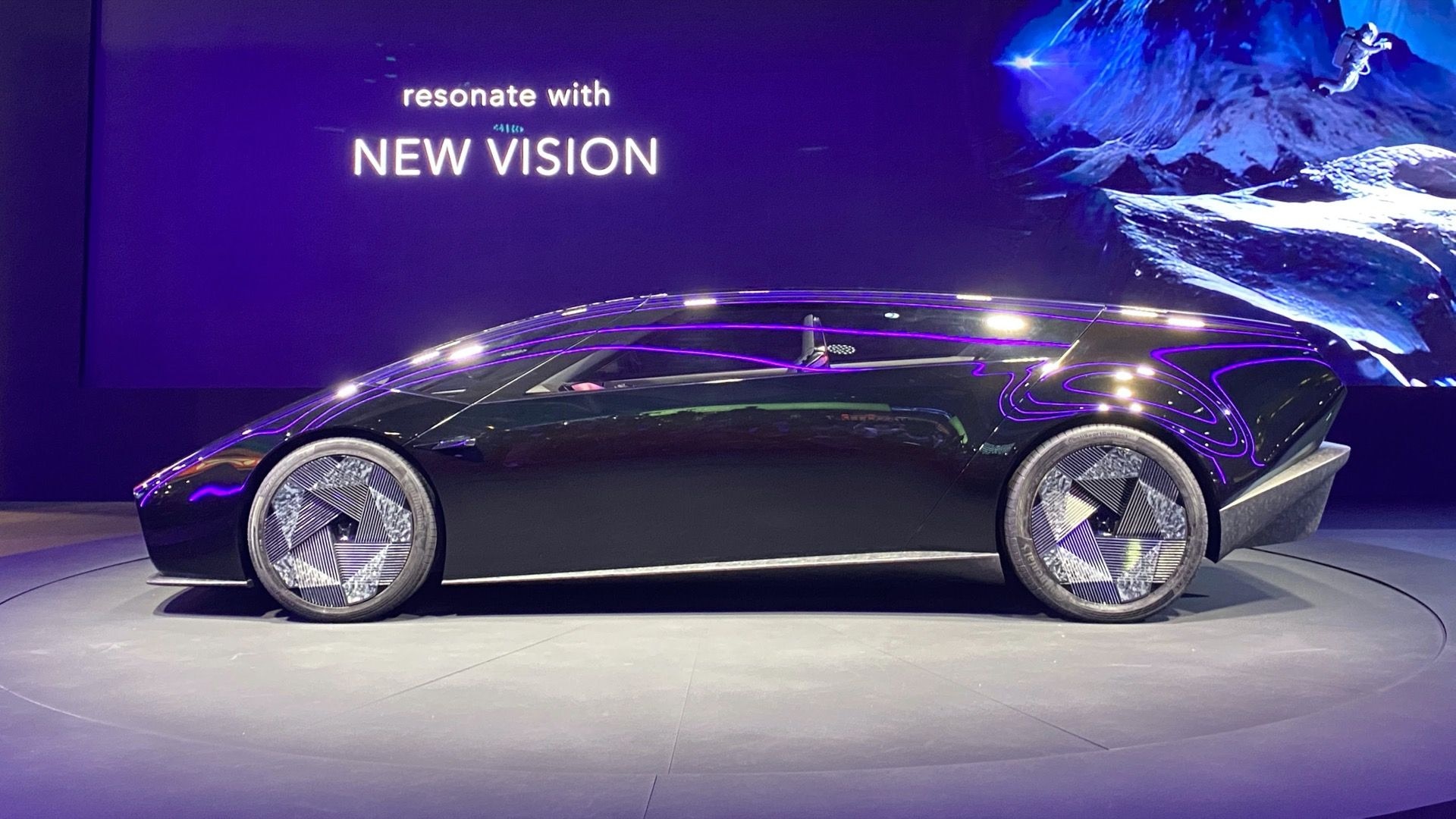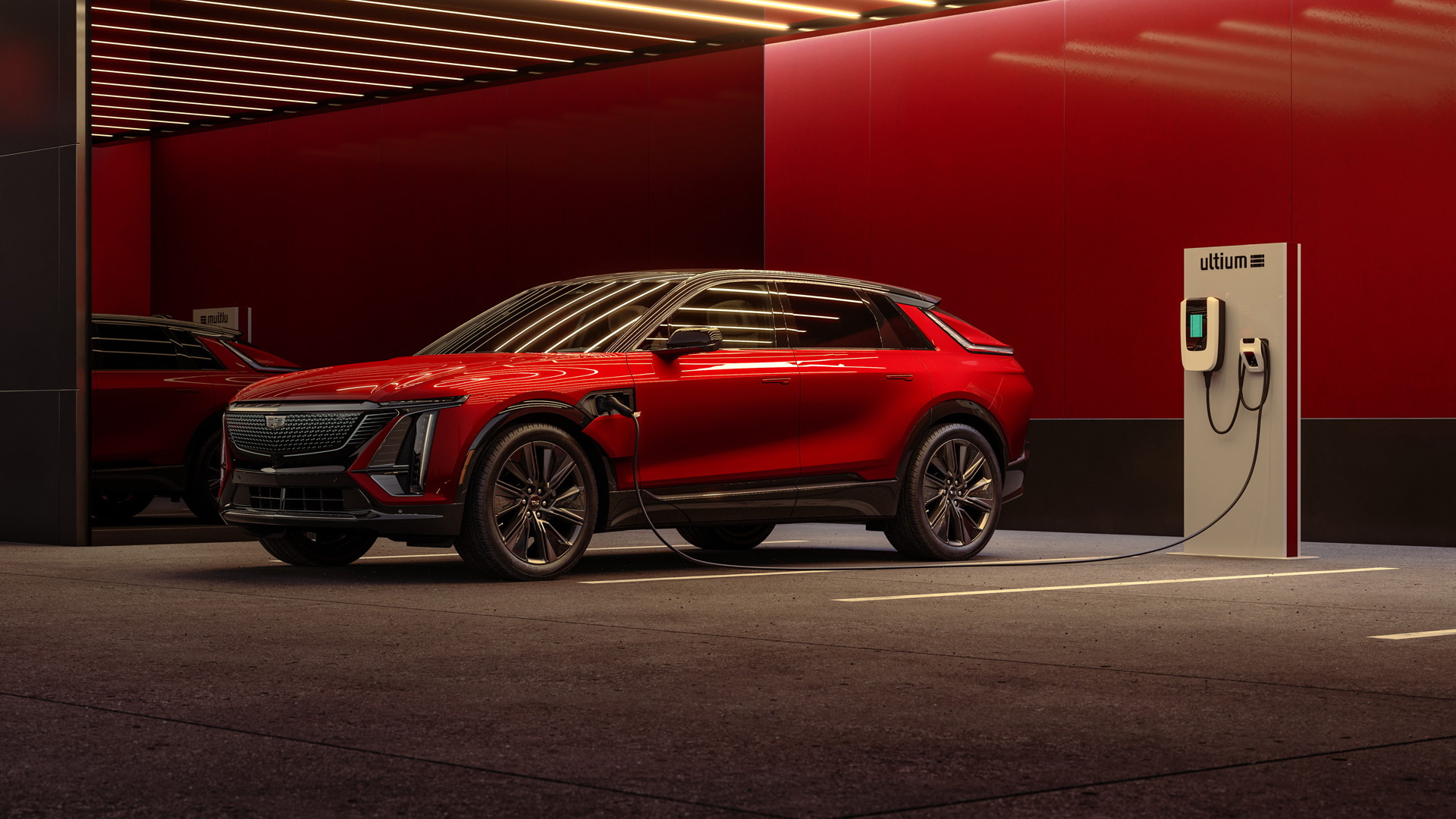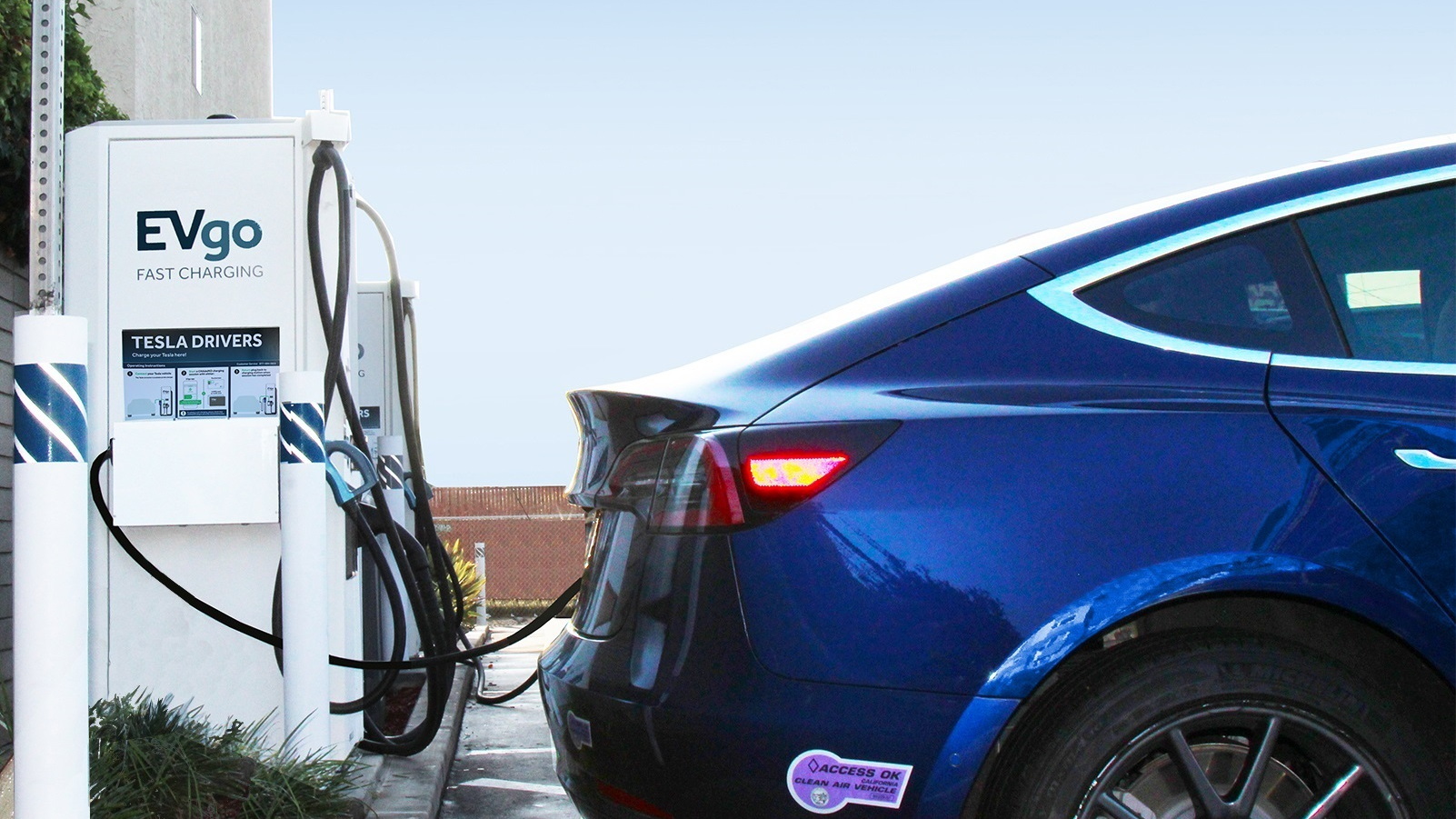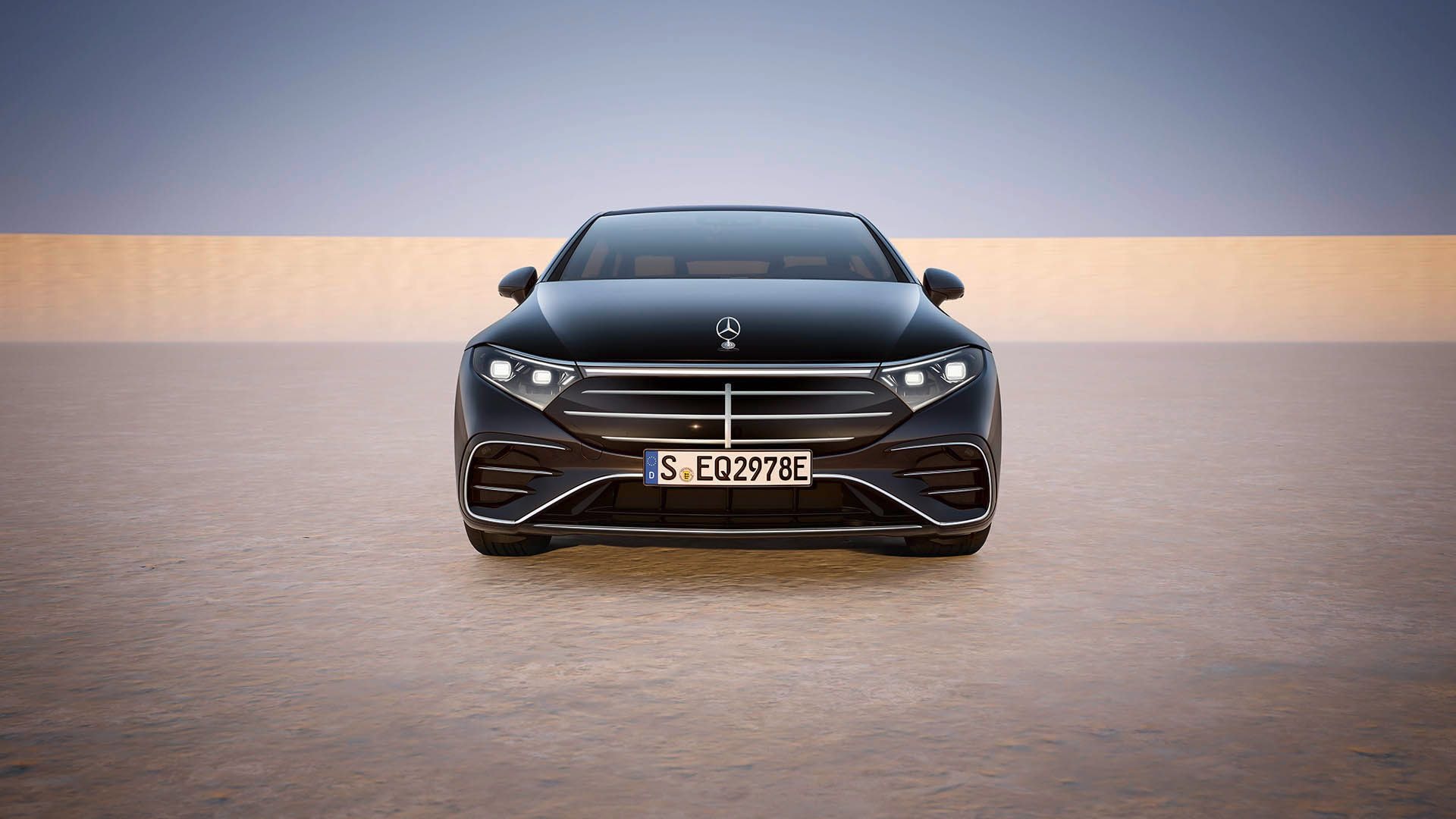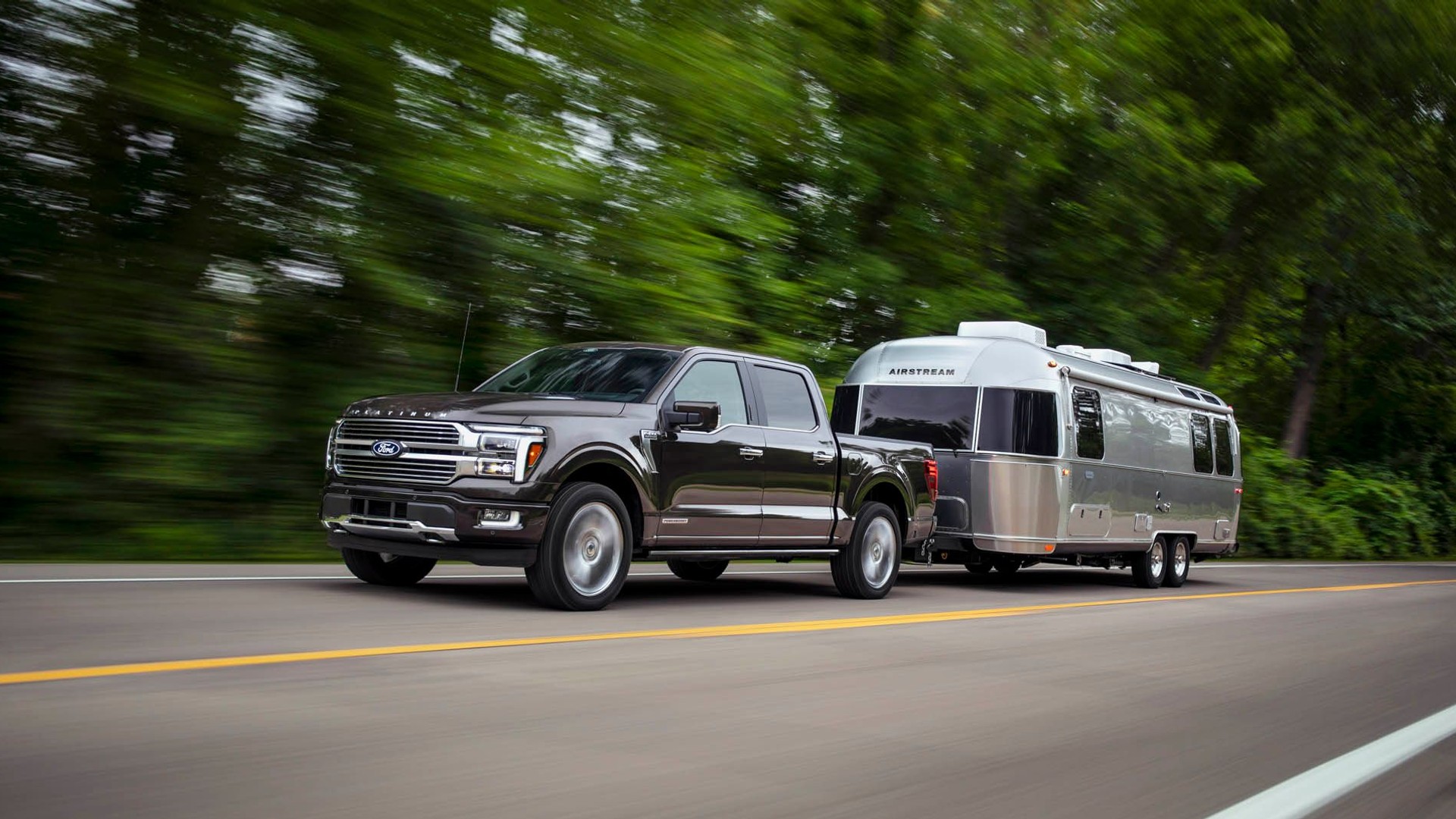What comes next after a partnership for sports cars? Potentially one for an electric SUV.
That's the latest plan from Toyota and Subaru, according to a joint statement from the automakers on Thursday.
The new joint project will develop a new electric mid-size SUV using electric-car technology from Toyota and all-wheel drive technology from Subaru, the companies said.
Toyota owns 16 percent of Subaru, and the two companies built a partnership to develop the joint Subaru BRZ and Toyota 86 (formerly Scion FR-S) sports cars, though that project was reportedly fraught with disagreements over the powertrain. Since then, Toyota also shared the plug-in hybrid technology from its Prius Prime (and portions from the RAV4 Hybrid) with Subaru as a starting point for the 2019 Subaru Crosstrek Hybrid.
Both companies' product lineups, however, conspicuously lack any all-electric models.
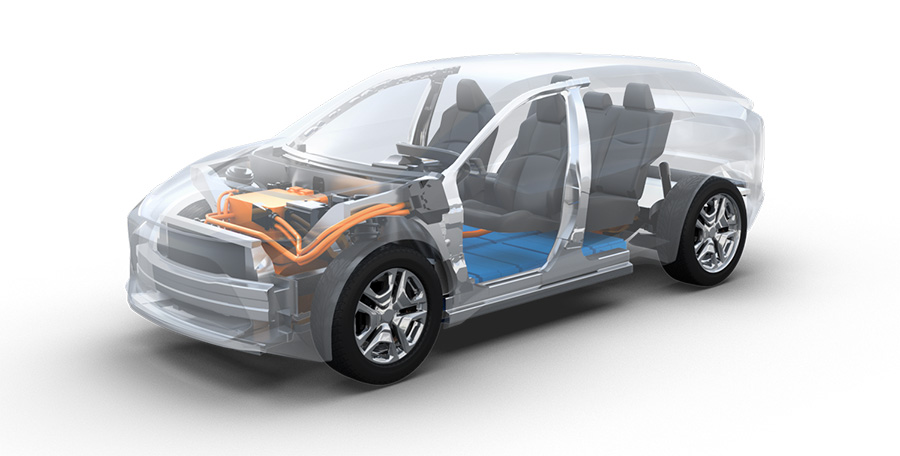
Toyota-Subaru electric vehicle platform
In 2017, Toyota also formed a joint venture with Mazda, along with Japanese parts supplier Denso, to jointly develop components and a platform for electric cars. That partnership is expected to result in a new electric model from Mazda for 2020, likely with a short range and an optional available gasoline range extender, which could be a tiny rotary engine.
The new project will result in a joint platform (similar to the BRZ/86 project), that will underpin new mid-size electric SUV models from both automakers. In the joint statement, Subaru and Toyota said the platform will also be flexible enough to build future models including mid-size and large SUVs and sedans and "derivative models."
In a related statement, Subaru said it will now shift its independent EV development resources to this joint project.
"The automotive industry is in the midst of a once-in-a-century period of profound transformation," the companies said. "The commercialization of BEVs requires the use of large-capacity batteries, and, along with the popularization of BEVs, demands of a new dimension will be placed on battery supply."
The agreement could represent a minor breakthrough in Toyota's approach to electric vehicles. Until now, the company has focused on its hybrid technology to the exclusion of developing EVs, and has publicly questioned consumer demand for electric cars and their viability.
With regulations around the world beginning to require emissions reductions that gas engines alone can't meet, however, the company needs a strategy to sell EVs and procure large battery supplies.
Perhaps Subaru's earthy customers can provide a bigger initial market for that technology.




